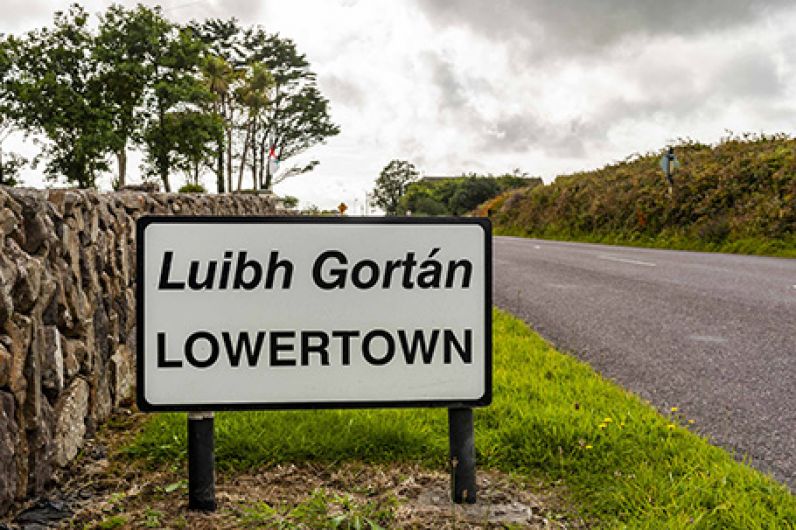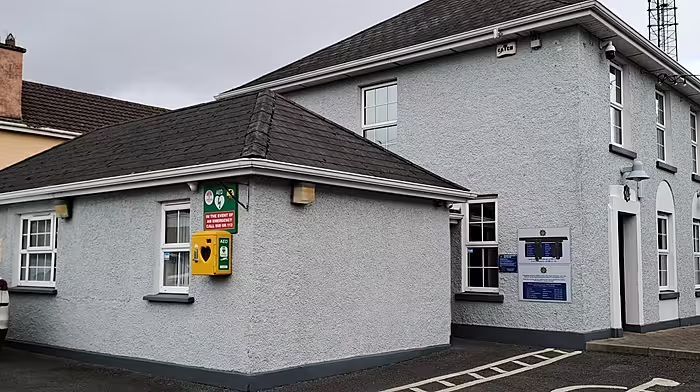Regions and divisions will have greater control over how policing is delivered, while working to a 'corporate framework'.
THE Garda commissioner has today announced improvements to its structures, processes, services and governance that it claims will increase the number of frontline gardaí, deliver a more ‘localised’ service, and maximise the organisation’s operational impact.
It includes restructuring at national, regional and local levels to provide a greater focus on community policing based on local needs.
Commissioner Drew Harris says it means more gardaí working on the frontline, greater supervision, better resources, less paperwork, and more career opportunities for members and staff.
‘It will make best use of an expanding workforce and investment in ICT,’ said a statement.
There will be a reduction in administrative structures, the introduction of community policing teams dedicated to working with communities to identify and tackle problem crimes in their area, a greater range of specialised services such as economic crime and cyber-crime being delivered locally, and enhanced local investigation of serious crimes and crimes against the vulnerable such as sexual crime.
The news comes in the week that an elderly woman was attacked in her home near Schull, at noon, and there have been numerous alerts in recent months of suspicious individuals going door-to-door selling wares in West Cork.
From 2017 to 2019, 2,090 gardaí have been recruited and a further 478 have been re-deployed to the frontline.
It is expected that from now until end of 2021 that a further 1,500 gardaí will be recruited and an additional 1,000 gardaí re-assigned to the frontline. In addition, from 2017 to 2019, 1,070 Garda staff have been recruited and a further 1,265 are expected to recruited by end of 2021.
‘These changes will deliver a more visible, localised and responsive policing service. What won’t change, though, is the strong connection we have with local communities,’ said the commissioner.
Under this model, decision making for policing delivery will be devolved from the centre to the regions and divisions. Divisions will increase in size, will be operationally autonomous, and will be the key to policing delivery.
A division will be typically made up of around 600 to 800 personnel. This will ensure each division has the resources and skills to deliver a wider range of community policing and specialist services based on the demand in their area. Regions and divisions will have greater control over how policing is delivered, while working to a 'corporate framework' and oversight from the centre.
The focus of the centre will be on supporting regions and divisions.
‘This model has been recommended by both the Commission on the Future of Policing in Ireland and the Garda Inspectorate, and echoes the views of our personnel gathered through extensive consultation,’ he said.
‘The restructure reflects international policing best practice as well as the realities of modern-day policing in Ireland, the changing nature of crime, and population trends.’
This process has already started as part of the implementation of A Policing Service for the Future with the introduction of the new local policing model in four Divisions – Kevin Street, Cork city, Galway and Mayo.
It will continue on Monday with the new regional structure of four regions. The reduction in Divisions from 28 to 19 will now commence on a phased basis. The new structure will be implemented throughout 2020.







